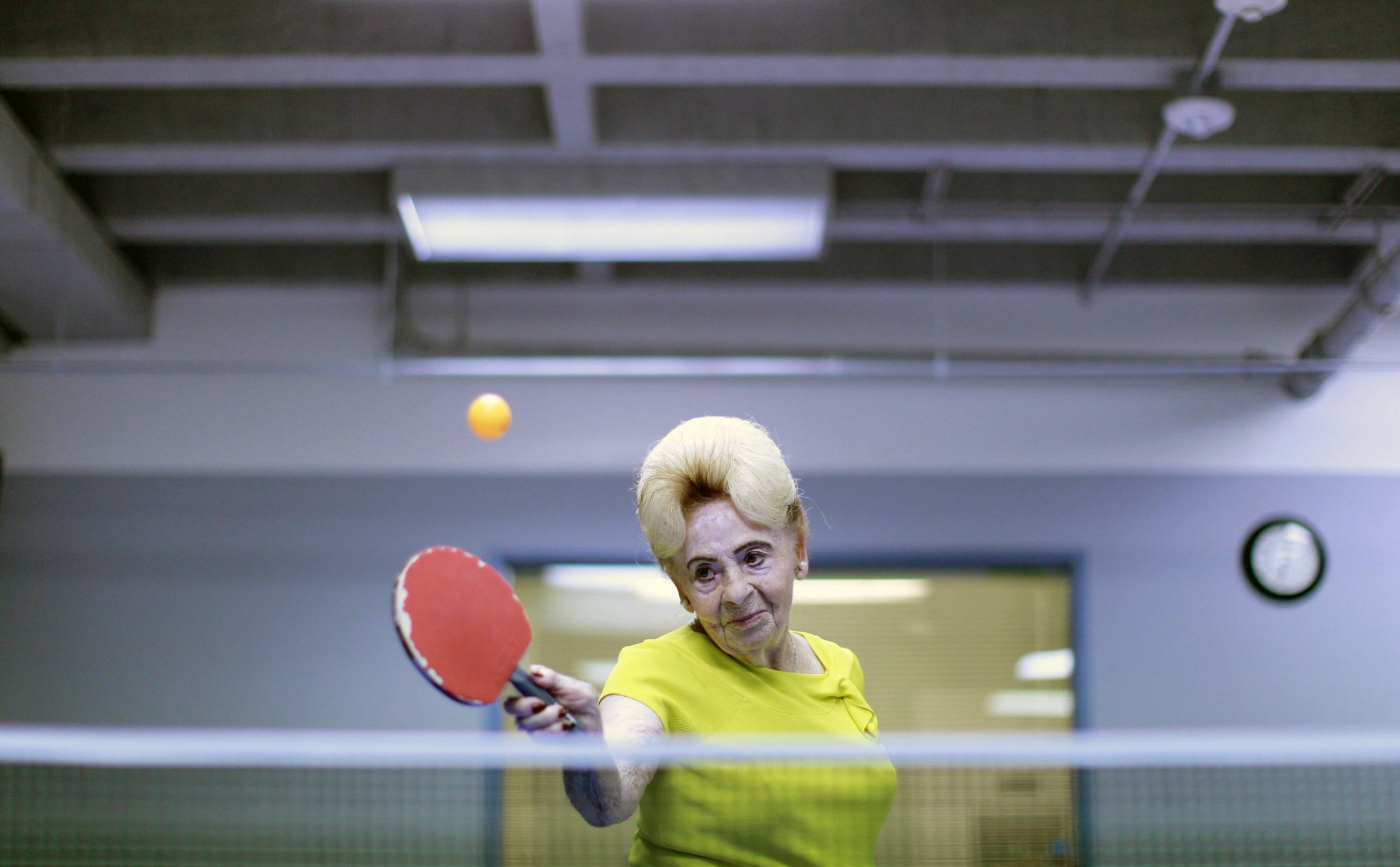
Alzheimer's disease affects more than an estimated 5 million people in the United States. The disease is known to impair memory, but it's more than simple forgetfulness. As the British neuroscientist Joseph Jebelli put it on NPR, it's perfectly normal in the process of aging to become more forgetful—for instance, to forget where you put your keys. But to forget what keys do is a sign of something more.
A neurodegenerative condition, Alzheimer's disease causes a person's memory, ability to think, and personality to degrade over time. The full cause of the disease is not well understood, but the two hallmarks of the disease in the brain are the buildup of amyloid protein and neurofibrillary tangles made of the protein tau. According to the Mayo Clinic, Alzheimer's is the most common cause of dementia, a set of symptoms in which memory and thought are diminished to the point where a person can no longer function normally.
Scientific understanding of cognitive impairment that comes with age is growing ever richer, and revealing more subtypes. Dementia, the broader umbrella under which Alzheimer's falls, does not happen all at once. But there are certain signs, difficulties with memory and spatial navigation that just begin to interfere with a person's ability to function. Neurologists are now on the lookout for "mild cognitive impairment," a state that can often progress to dementia although symptoms are not as severe.
In the past decade alone, the Mayo Clinic's Dr. Ronald Petersen said, the ability to look at living brains and see changes associated with Alzheimer's symptoms has come far. For years, the only way to gain close enough access to a person's brain to find evidence of amyloid plaque or neurofibrillary tangles was to perform an autopsy after that person died. Now, it's possible to see these signs in live brains.
With these new imaging technologies, doctors are revisiting how they decide who does and doesn't have the disease. The problem of categorizing Alzheimer's patients has made things more difficult. As Jebelli points out to NPR and Petersen told Newsweek, past research on Alzheimer's has had the problem of sometimes confusing normal forgetting with disease. New imaging technology has further blurred the older lines of diagnosis.
Petersen gives the example of a woman in her 70s who by all accounts is doing fine. She lives with her spouse, she can take care of herself, and she knows where her keys are and what they're for, even if she misplaces them every once in a while. But on reviewing a PET scan of her brain, her doctors detect more amyloid protein than they'd expect to see in anyone without Alzheimer's.
Petersen says that extreme cases like this—where a person's behavior and way of living conflict with the signs of disease in their brain—will end up reshaping the way doctors think about Alzheimer's as research yields new insights.
Those insights, and perhaps even an effective form of treatment, are on the way, Jebelli told NPR. While he has written elsewhere about the high failure rate of drugs developed for Alzheimer's disease, on Fresh Air he mentioned early research that is looking into the use of neural stem cells to induce the brain "to heal itself."
Although that intervention is a ways away, Jebelli also highlighted recent efforts to slow down the disease's progression before people develop symptoms, allowing them to live a full life before the disease truly affects their minds. "Just the last few years alone have seen some serious breakthroughs in Alzheimer's research," he said, adding that "The cure for Alzheimer's probably won't be what most people think."
Uncommon Knowledge
Newsweek is committed to challenging conventional wisdom and finding connections in the search for common ground.
Newsweek is committed to challenging conventional wisdom and finding connections in the search for common ground.
About the writer
Joseph Frankel is a science and health writer at Newsweek. He has previously worked for The Atlantic and WNYC.
To read how Newsweek uses AI as a newsroom tool, Click here.





